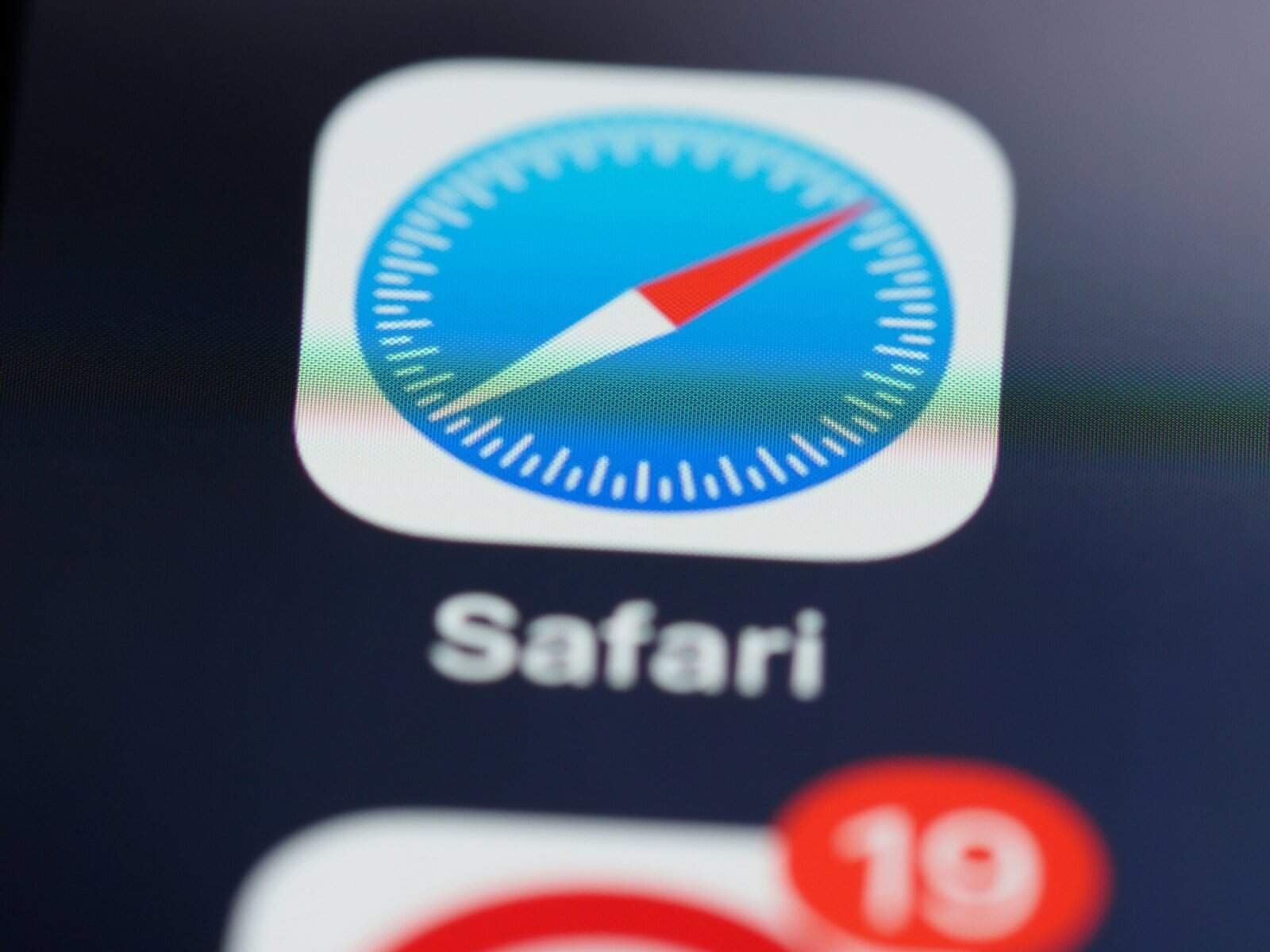Have you ever wondered what it takes to ensure a flawless mobile app experience? This task is the responsibility of mobile app testers, who work tirelessly behind the scenes to ensure the smooth functioning of the apps you use daily. With every tap, swipe, or click, there’s a dedicated expert making sure your interaction is seamless and efficient.

What Is a Mobile App Tester?
A mobile app tester plays a crucial role in the development of mobile applications. Essentially, you will be responsible for testing the app’s functionality, usability, and consistency. Your goal is to find bugs or issues within the app and report these to the development team. By doing this, you help developers create a product that end-users will love and find easy to use.
Responsibilities
Your responsibilities in this role are varied and can be immensely rewarding. You are the gatekeeper for quality—identifying problems, ensuring the app meets its specifications, and guaranteeing that it provides a robust user experience. Here are some core tasks you will undertake:
Understanding App Specifications: You first need to understand what the app is supposed to do. This involves reading specifications and documentation, and sometimes even discussing with developers and UI/UX designers.
Creating Test Scenarios: Based on app specifications, you will create test scenarios and cases that cover all the ways an end-user might interact with the app.
Executing Tests: You’ll perform tests on different devices and operating systems to ensure the app performs well across a variety of environments.
Reporting Bugs: Any issues you find should be meticulously documented and reported to the development team. Your reports help developers understand and fix the problems.
Re-testing: After developers have made updates, you’ll re-test to verify issues have been resolved.
Skills Required
To excel in this position, you must possess a variety of skills. Communication and attention to detail are paramount. Here’s a list to get you started:
Technical Aptitude: While coding skills may not be essential, understanding the basics of programming can help you communicate effectively with developers.
Excellent Communication: Since you’ll be reporting issues and liaising with many stakeholders, clear and concise communication is key.
Problem-solving: Your ability to identify issues and think of solutions is central to the role.
Attention to Detail: Small bugs can lead to significant issues, so your keen eye for detail will serve you well.
Time Management: Testing can be a time-bound activity, and your ability to manage your time effectively ensures timely project completion.
The Importance of Mobile App Testing
The world today revolves around mobile technology, and a poorly functioning app can damage a company’s reputation and lead to a loss of customer trust. As a mobile app tester, you contribute to a developer’s ability to craft intuitive and helpful apps by thoroughly vetting their functionality.
Ensures Functionality and Usability
At the core of mobile app testing is ensuring that the app functions as intended. You verify that the app meets its functional requirements and that it provides a smooth user experience. By ensuring apps are usable, you play a role in enhancing user satisfaction and engagement, ultimately contributing to the app’s success.
Enhances Security
In today’s digital age, security is paramount. Mobile apps often handle sensitive data, and ensuring their security can protect users from potential breaches or data thefts. Your vigilant testing helps identify any vulnerabilities before they can be exploited.
Improves Quality Assurance
Your work represents a critical component of the quality assurance process. By identifying bugs and providing feedback on the app’s stability and performance, you help improve the end product.
Types of Mobile App Testing
In your role, you will conduct various types of tests to evaluate different aspects of the app. Each type of testing offers unique insights into how the app will perform in the hands of its users.
Functional Testing
You will check that all the app’s features perform as expected. Functional testing ensures that the app’s specs are met and no function is left untested.
Usability Testing
Conducting usability testing involves evaluating the app’s user interface and overall user experience. You might conduct this test by watching how real users interact with the app, noting any confusion or issues.
Performance Testing
This type of testing evaluates how the app performs under certain conditions such as heavy use or limited resources. Your goal is to ensure that the app is both fast and reliable.
Security Testing
Security testing is vital for identifying vulnerabilities. You will examine the app’s security features to ensure unauthorized access is not possible and data is protected.
Compatibility Testing
You will test the app on various devices and operating systems to check for compatibility. This ensures the app offers consistent performance across different environments.
Tools and Resources
Fortunately, there are numerous tools and resources available that enable you to perform your duties efficiently.
Testing Tools
Here are some tools that you might find particularly useful:
| Tool | Description |
|---|---|
| Appium | An open-source tool for automating mobile app testing on both Android and iOS platforms. |
| TestComplete | Great for GUI testing and can be used for functional UI and regression tests. |
| Selenium | Useful for automation and supports various programming languages, though primarily for web apps. |
| Espresso | Provides a framework for testing Android apps effectively. |
Learning Resources
- Online Courses: Websites like Udemy and Coursera offer courses specifically designed for mobile app testing.
- Forums and Communities: Engage in communities such as Stack Overflow or Reddit to share insights and seek advice.
- Documentation and Blogs: Keep abreast of the latest developments in testing techniques and tools through blogs and official documentation.

Challenges Faced by Mobile App Testers
Every role comes with its own set of challenges, and as a mobile app tester, you will encounter situations that require creative problem-solving.
Keeping Up with Technology
With frequent updates in mobile operating systems, keeping up with technological changes can be challenging. Constant learning and adaptation are necessary to stay relevant and effective.
Identifying Subtle Bugs
Some bugs are elusive and manifest under very specific conditions. Your ability to replicate issues and pinpoint their cause is crucial for resolving them.
Time Constraints
Sometimes, deadlines can be tight. Balancing thorough testing with limited time requires skillful time management and prioritization.
Communication Barriers
You might face communication barriers with developers or stakeholders, especially when aligning different perspectives on quality and functionality. Effective communication is your best tool for overcoming these obstacles.
Career Path and Growth Opportunities
The field of mobile app testing offers promising career growth. Starting as a mobile app tester can open doors to various other positions.
Entry-Level Positions
Most people start as junior testers, where the focus is on learning processes, methodologies, and tools.
Advancement Opportunities
With experience, you can move into roles like senior tester, test lead, or test manager. Each step up the ladder involves more responsibility and the opportunity to lead a team.
Transitioning to Other Roles
The skills you gain can also open doors to roles like quality assurance analyst, project manager, or even product manager if you desire a more comprehensive view of the development lifecycle.

Conclusion
As a mobile app tester, you play a key role in the digital world’s ecosystem. Your efforts ensure that users enjoy smooth experiences, companies safeguard their reputations, and developers deliver superior products. This field not only requires technical aptitude but also patience, creativity, and excellent communication skills. Whether you’re just starting out or looking to advance in your career, the role of a mobile app tester remains both challenging and rewarding. Every day is an opportunity to learn, engage with new technologies, and contribute to the advancements in the world of mobile applications. So, if you find joy in solving complex problems and working behind the scenes to ensure that everything runs seamlessly, mobile app testing might just be the perfect fit for you.
